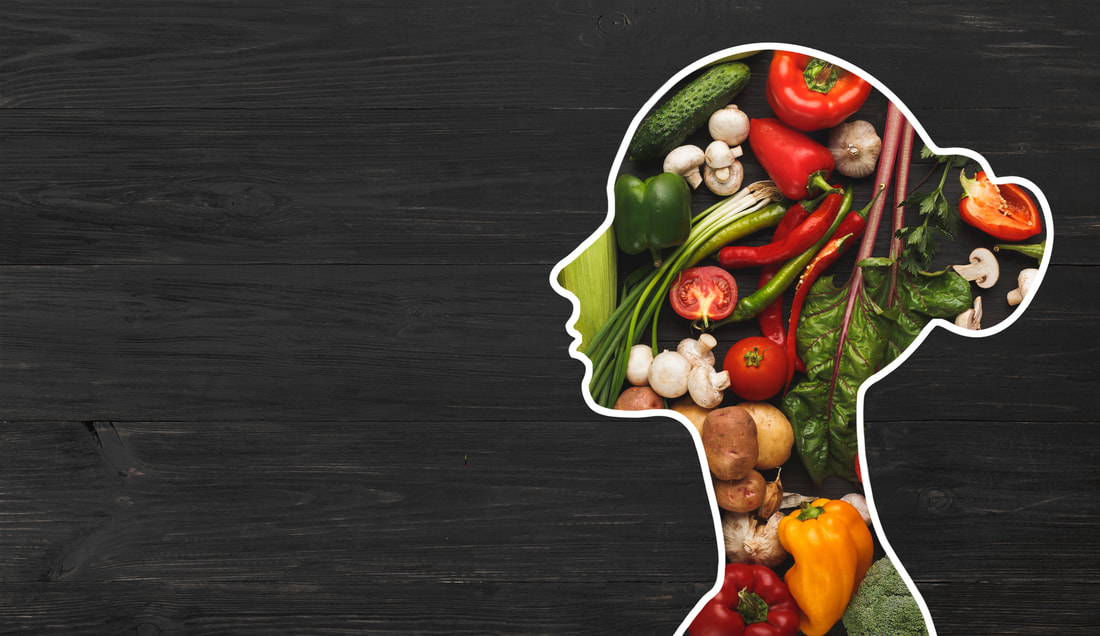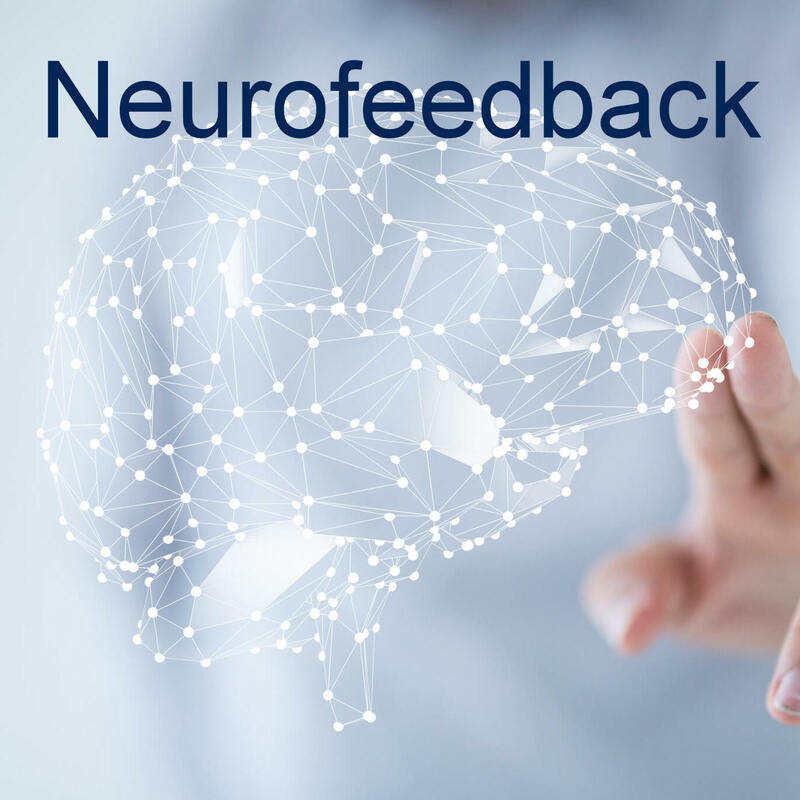|
by Melissa Marconi, LMSW Healthy dieting has long been associated with benefits like, fitting better in our jeans, improved skin and hair, and reducing chronic illnesses. But, did you know that the foods we eat can also be important to our brain health? Read on to find out what foods can improve your brain health, and what might make it worse. The foods we eat can affect neurons which are the major cells of the brain. Diet can increase synaptic adaptation, promote neuron growth, improve cognitive function and decrease the risk of neurodegenerative diseases. An unhealthy diet containing things like trans fats and sugars can cause inflammation which has a negative impact on neurons and the creation of new ones. On the other hand, eating high quality foods that contain good fats and lots of vitamins, minerals, and antioxidants nourishes the brain and protects it from oxidative stress.
Gut/Brain Connection Most of us have experienced that pit in your stomach feeling when having intense emotions like anger, anxiety, sadness, and joy. That is because our gut lining acts as our “second brain” and communicates back and forth with our brain either physically- through the vagus nerve and chemically- through hormones and neurotransmitters. The chemical messages that pass between the gut and the brain can be affected by the bacteria, virus, and fungi that live in the gut called the “gut microbiome”. Food can also influence the state of your microbiome, and some species of gut microbes have been linked to higher rates of depression. The brain chemical serotonin, which regulates mood, has a strong gut connection. Second Guess that Scoop! We often think of comfort foods like pizza, ice cream, and/or a big loaf of bread smothered with butter as comfort foods to help alleviate feelings of sadness, loneliness, uncertainty, discomfort, but interestingly, one study found that it wasn’t these foods that alleviate these symptoms but rather time (sitting with the strong emotions until they pass) that helped the individual deal with their emotions. So eating comfort foods not only doesn't help but is also detrimental to your health. Brain Foods for your Health So, what foods should we choose to ensure optimal brain health? Experts state that these foods should include ones that protect you from toxins and bad bacteria, limit inflammation, have better absorption of nutrients, and activate neural pathways between the gut and the brain. Here’s a list of some of the recommended top quality brain foods:
Happy Eating!
0 Comments
Leave a Reply. |
Archives
October 2023
Categories
All
|


















